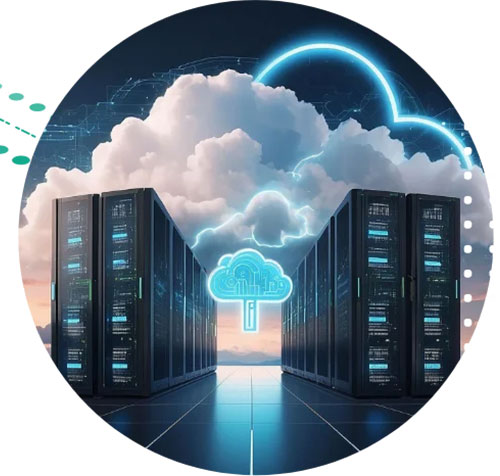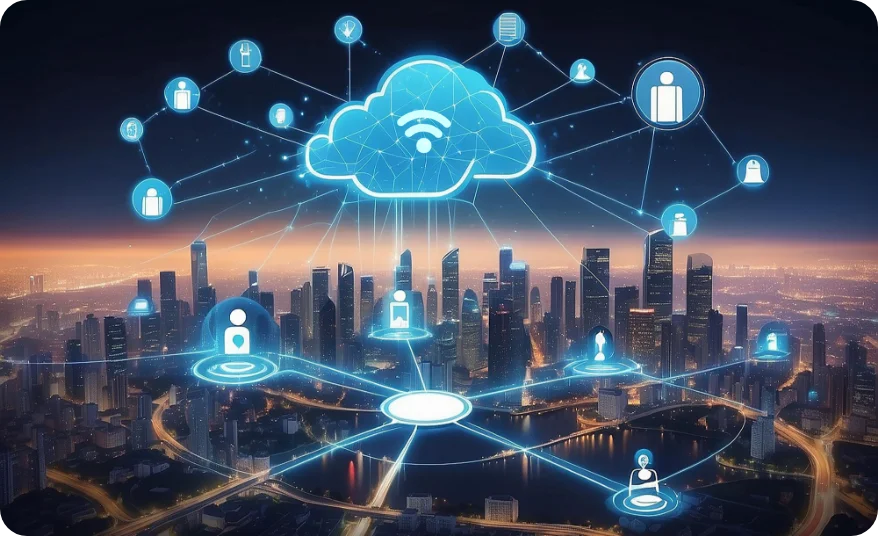Table of contents
On July 1st, 2017, Indian businesses will enter a new economic era. The GST bill, India’s biggest tax reform since independence, will unify and simplify India’s complex tax system to bring transparency and reduce tax evasion and corruption.
While the new tax regime will have several benefits for businesses in the long run, the change over to GST compliant systems is keeping managers awake night after night.
ERP systems, in many organizations, are the foundation on which business applications are operated; the critical and non-critical functions of most departments are run on these applications. Hence the GST compliance of ERP systems is crucial and MUST be planned and implemented to meet the July 1st deadline.
Some key ERP areas impacted by the GST bill
Business process changes
The GST bill is bound to affect several departments and business processes; first and foremost, all tax related procedures will need to be aligned to GST rules. Some other processes that will need significant revisions are sales order, billing document, purchase order, goods receipt, vendor invoice, stock transfer and subcontracting.
Master data revision
The new GST requirements will need to be incorporated in the master data; changes to various master data, such as chart of accounts, vendor master, customer masters, etc will need to be made. Companies will be required to maintain a GST registration number for each registered customer and vendor.
Document numbering
Unique sequential numbering for outgoing GST invoices must be maintained.
GSTIN Registration
Companies will be required to register and obtain a GST identification number (GSTIN). The GSTIN will subsume the existing excise registration, service tax registration, and VAT registration.
The GSTIN registration number will suffice for all three types of GST taxes – CGST, SGST & IGST, however companies must have individual registration for each state.
Tax Procedures
Tax procedures will need to be changed completely to accommodate the new GST structure. Some specific GST based changes are – mandatory monthly tax returns, GST tax accounts to define CGST, SGST & IGST separately for both MM & SD, migration from TAXINJ to TAXINN for SAP ERP systems, input tax credit and opening of a Tax Register for reporting information such as inward and outward supplies.
Open transactions
There are bound to be several partially open transactions, which must be closed, reversed or migrated to the new system. In some cases, temporary provisions must be made to manage transactions that spillover after the GST rollout such as returns of goods sold or purchased before GST and returned after GST implementation, goods in transit during cutover activities, etc.
Upgrades and Patches
The ERP system must be evaluated to understand the need for upgrades or patches for GST compliance.
While companies like SAP are providing GST related support and software patches, it is up to each organization to define how its business processes and functions will adapt to the challenges thrown up by the GST rollout. The simplification of the tax structure and the monetary benefits of GST open new opportunities for businesses, but the first step to unlocking these benefits, is to be GST ready on July 1st.
Sify being a leading integrated ICT player in India and with services that cut across Data Center, Cloud, Network and Application and Technology Integration, we are uniquely placed to offer enterprises comprehensive IT services tailored to accelerate their growth.
When it comes to upgrading, migrating or changing your mission critical SAP environment to meet external changes – such as the GST bill implementation – our comprehensive SAP services suite backed by our expert SAP consultants and engineers and strong infrastructure DNA, ensures that your SAP environment complies seamlessly with the new regime.
We provide a one-stop shop for all SAP solutions to take care of your GST related SAP compliance challenges.































































